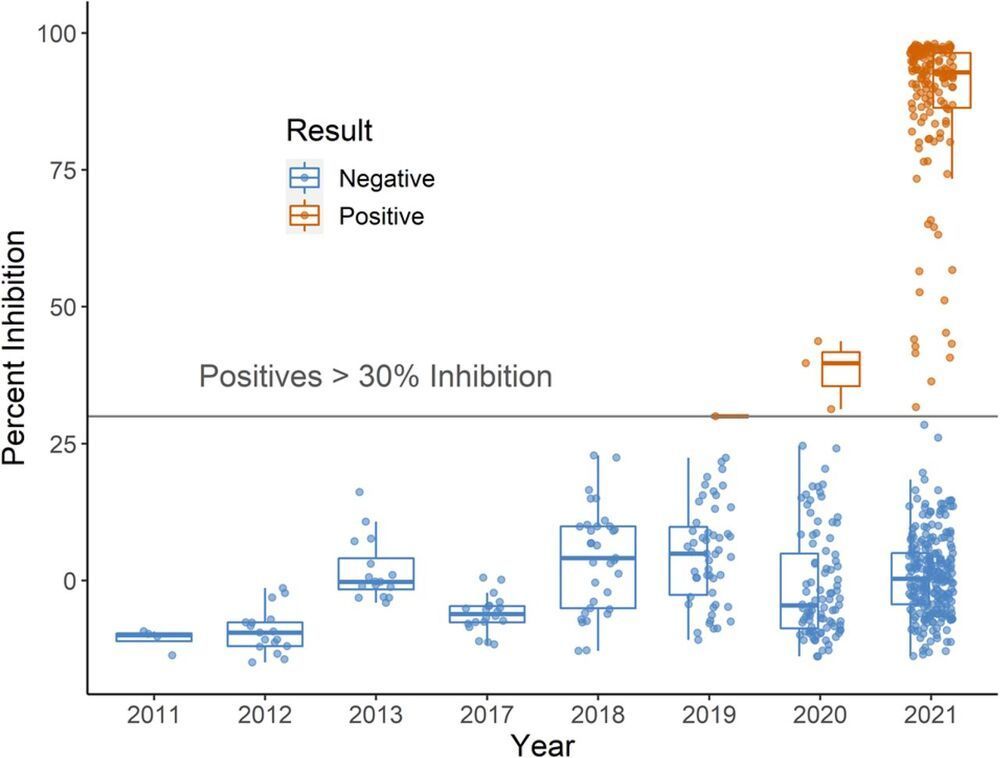“Our research may help us understand how abnormalities in anxiety-like behavior occur and design circuit-based therapeutic approaches for correcting them,” remarks Professor Ji Won Um from the Department of Brain and Cognitive Sciences at DGIST, who led the study.
Summary: Study identifies the role a specific protein plays in regulating the development of inhibitory synapses in the hippocampus in the context of anxiety-related behaviors.
Source: DGIST
The mechanisms behind the organization of neuronal synapses remain unclear owing to the sheer number of genes, proteins, and neuron types involved. In a recent study, Daegu Gyeongbuk Institute of Science and Technology scientists conducted a series of experiments in genetically modified mice to clarify the role of two proteins in regulating the development of inhibitory synapses in the hippocampus, in the context of anxiety-related behaviors, paving the way to better understand the brain.
The correct functioning of our brain, as well as that of other animals, depends on a very intricate interplay between multiple types of neurons. These interactions are orchestrated by multitudes of synaptic proteins; thus, pinpointing their specific functions is extremely challenging. In particular, the molecular mechanisms that regulate the plasticity of synapses are not completely understood.







